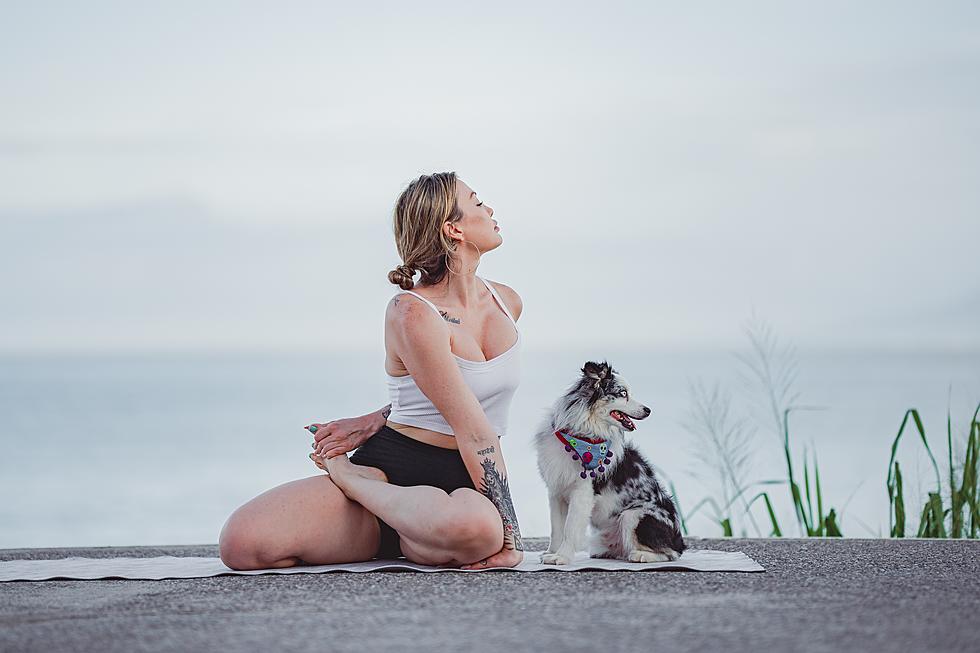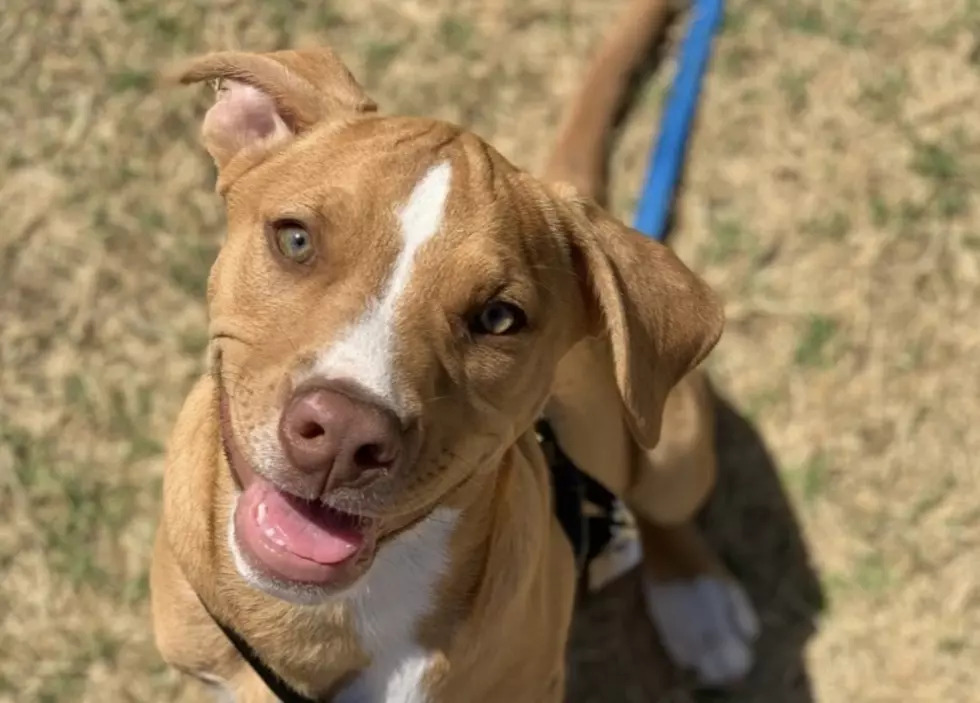
Owning a Dog Part 4: Puppy-Proof Your Home
Bringing home a new puppy can be an exciting event for any family, however you’ll soon realize it’s not all fun and games. Here are a few things to expect during the first weeks after bringing your furry friend home, and a few tips to help prepare beforehand.
Before you bring your puppy home, you need to puppy-proof your house. This is a lot like child-proofing your home. Make sure wires to electronics are up off the floor and inaccessible to your puppy. If you have any chemicals exposed around your house, make sure you put them in cabinets or in containers your puppy can’t open. Also, any small bits of things lying around the house can pose a choking hazard to your puppy, so make sure you scan the house for any of these items lying on the floor. If you have children, make sure you tell them to keep their toys picked up, or the puppy might chew on them (this is also a good way to get your kids to clean their room!) You also need to puppy-proof your back yard using the same techniques. Also, make sure your fence doesn’t have any holes your puppy could squeeze through.
Designate an area of your house to be the “puppy area.” This is usually an area in the home with linoleum or tile, making it easier to clean up messes. This can be where you put the puppy’s cage, ect. It needs to be an area you can put the puppy while you’re gone or during the night. This will need to be especially puppy-proofed, because your puppy will spend some of its most boring moments here, which means it will get into more trouble.
When you bring your puppy home, he’s probably going to be a little timid. He won’t be used to the unfamiliar smells and noises in your home. He also may miss his old family and display some anxiety. The best thing you can do is continue to live your life normally, so he can adapt to your routine and lifestyle. His stomach may be upset for a few days, but as long as his stool doesn’t contain blood, he should be ok. I do suggest taking him to a vet soon after you get him to make sure he’s healthy.
Puppies make habits fast, so don’t let him do things that you don’t want him to do the rest of his life. For instance, Strider jumps up on people when they come in the door. It was cute when he was a 10 pound puppy, but now at 40 pounds, it gets a little aggravating. Keeping chew toys constantly on hand is a good way to divert him from table legs. Don’t let your puppy chew on things he’s not allowed to chew on, ever. I also suggest not allowing your dog to be near you while you eat to prevent begging. You need to set clear and permanent boundaries in your home so that your puppy will know what he is and is not allowed to do.
At first, don’t leave your puppy alone for more than two hours at a time. For one, this is the longest a young puppy can hold his bladder. Also, a puppy requires a lot of attention to keep it from developing behavioral problems, so leaving it alone all day while you’re at work can cause it to develop personality problems. You don’t want a neurotic mess of a dog that tears up the house while you’re gone. If your family's schedule means leaving for the better part of the day make sure you have someone who can come and check up on the puppy every few hours. This way the puppy can take adequate bathroom breaks and get some reassurance that it hasn’t been abandoned. If you don’t have a family member or a friend who can do this, check into doggie day cares, which can be found in your phone book.
All of these things are good to keep in mind, but the most important thing is to have fun! Puppies can be a great addition to your life, and with the proper care, can grow into loyal members of the family.
More From News/Talk 95.1 & 790 KFYO









